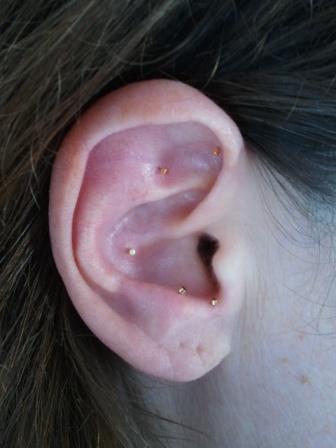A Chinese study has found that acupuncture treatment can significantly improve symptoms and quality of life for functional dyspepsia (FD) patients and that this correlates with specific changes in brain activity. Seventy-two FD patients were randomly assigned to receive either acupuncture or sham acupuncture treatment for four weeks. Ten patients in each group were randomly selected to additionally undergo positron emission tomography with computed tomography (PET-CT) to detect potential changes in brain activity. The clinical data showed that, after treatment, the decrease in dyspepsia index scores score in the acupuncture group was significantly greater than that in the sham acupuncture group. The neuroimaging data indicated that, after treatment, the acupuncture group showed extensive deactivation in specific cerebral activities (brainstem, anterior cingulate cortex, insula, thalamus, and hypothalamus) compared with the sham acupuncture group. The authors propose that the clinically beneficial effects of acupuncture on dyspepsia symptoms may therefore be modulated by deactivation of areas of the brain involved in processing incoming nerve signals from the viscera (the homeostatic afferent network), which includes the insula, anterior congulate and hypothalamus. (Influence of acupuncture treatment on cerebral activity in functional dyspepsia patients and its relationship with efficacy. Am J Gastroenterol. 2012 Aug;107(8):1236-47).
Categories: Digestive Bowel disorders







